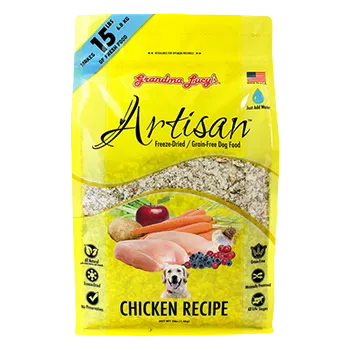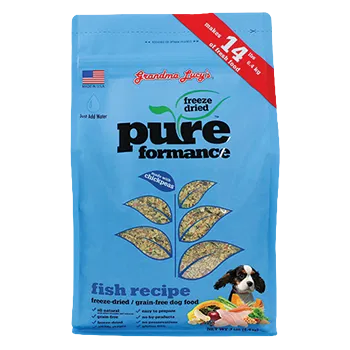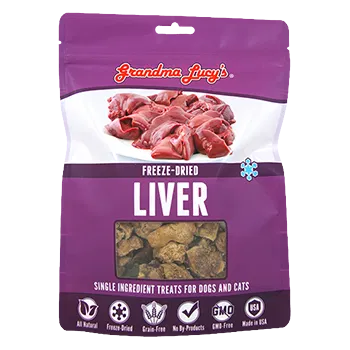Being a dog foster is one of the most unique experiences in life. Too many dogs find themselves in shelters through no fault of their own and fostering helps save lives. Rescues will take dogs into their organization and pay for all medical expenses, treats, bedding, and food. The foster parent is responsible for the home, love, and training. It requires a lot of patience and understanding to help a dog adjust to their new surroundings, but they will thank you for it every day!
Prepare Your Home and Yourself
Foster dogs come from all types of backgrounds, so you need to be prepared for the specific type of dog you are welcoming into your home. It is important to have open communication with the rescue and ask questions like:
- Are they potty trained?
- Do they get along with other dogs? Cats? Children?
- Are they food aggressive? Toy aggressive?
- Do they need training? How do they walk on a leash?
- Do they have any medical needs?
The answers to these questions will help prepare you to offer the best environment and ultimately end with a forever family. If you don’t feel comfortable dealing with any of these issues, there are many dogs that need fosters and the right one is out there for you. It’s important that you are at ease and capable to help the foster flourish in their new home.
Arrival Day
Foster dogs should always be given time to decompress alone and in a quiet environment. The shelter environment can be very stressful, and they aren’t sure what is happening next. Give them a quiet corner or separate room to relax. Wait to introduce them to your own dogs, after they have had time to rest, breathe easy and relax. They will be much more at ease and ready to make new friends.
Plan on up to two weeks for the decompression, however some dogs will be ready to integrate into the pack faster. Teach them where their exit door is to go potty. Regardless of age, they have never been in your house and don’t magically know where to go but will catch on quickly. Give time to wander the house and yard alone to get used to the smells and environment. When ready, start integration with a pack walk to get things started. This allows them to get to know each other on neutral ground.
Moving Forward
Your foster dog is now a member of the family, even though it’s only temporary and should be treated as such. It’s important they are included as equals for toys, treats, walks, playtime, and love. Some fosters will fit in immediately and be very easy, while others will eat your carpet, sofa, or baseboards! This is where patience is important because you never know how they will act. They aren’t doing things to be bad, it is because they feel happy and safe with you. Always contact your rescue for questions and support with anything involving their dog.
Letting Go
Your heart and home have been opened to a foster dog and it is inevitable that you have become attached. That is good and means you have done a great job, but it will hurt when they leave. It is common to think that their new forever home might not be good enough when your heart is attached. Ask the rescue to allow you to give input on the best home because you do know the foster best. Let the adoptive family know how much you care about your foster and would like to stay in touch. This is best accomplished through Facebook or Instagram and it will warm your heart to see how happy they are! Be prepared, not all forever families will want to stay in touch with the foster parent and it is important to not take it personally.
Create a “gotcha day” basket with their favorite toy, some food for transitioning, a blanket with your dog’s scent or yours and their favorite treats. This will help them feel comfortable at their new home as they get spoiled in new ways.
Fostering is selfless and bittersweet because you have loved your foster as your own and they love you even more. It’s so hard to say goodbye and it is ok to cry. It’s even ok to cry a lot. Remember, those tears are because your foster fur kid is going to be loved and spoiled for the rest of their life because of you.
If you decide you can’t let your foster go, this is called “foster failing” and that’s ok too! Many foster parents do fail, because they are so attached and decide the perfect forever home is with them. Take your time and you will know when you are ready to save a life again.
Congratulations on your new foster dog! Please use code #Foster1 for a free sample of freeze dried dog food at www.grandmalucys.com courtesy of Grandma Lucy’s Project PetRAK – Helping Feed Animals In Need #ProjectPetRAK.





















